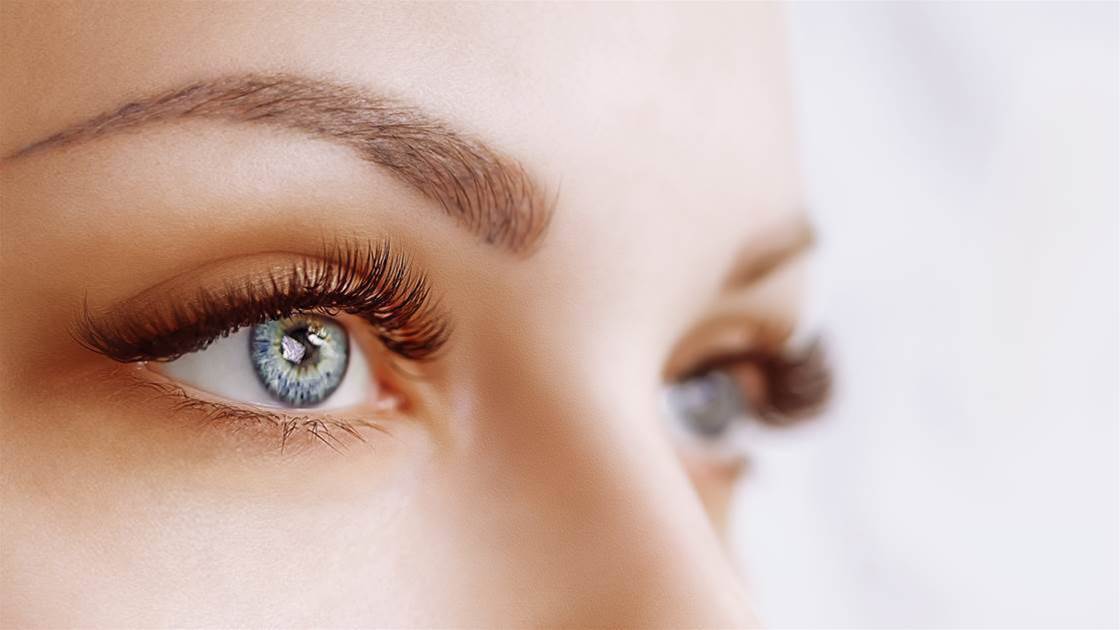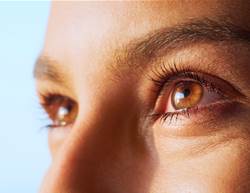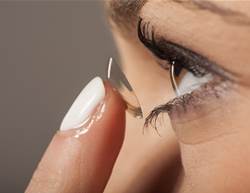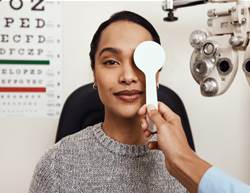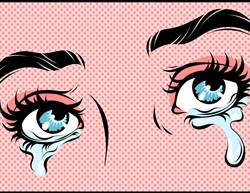Eyes, many of us take these incredibly complex organs for granted. They help us see the world around us, notice the little things in life, and allow us to navigate our way around. That’s why it’s so important to get to know your eyes.
Optometrist and OPSM’s Director of Optometry and Community, Peter Murphy, debunks five of the most common eye myths, so you can make sure that you’re taking proper care of your eyes.


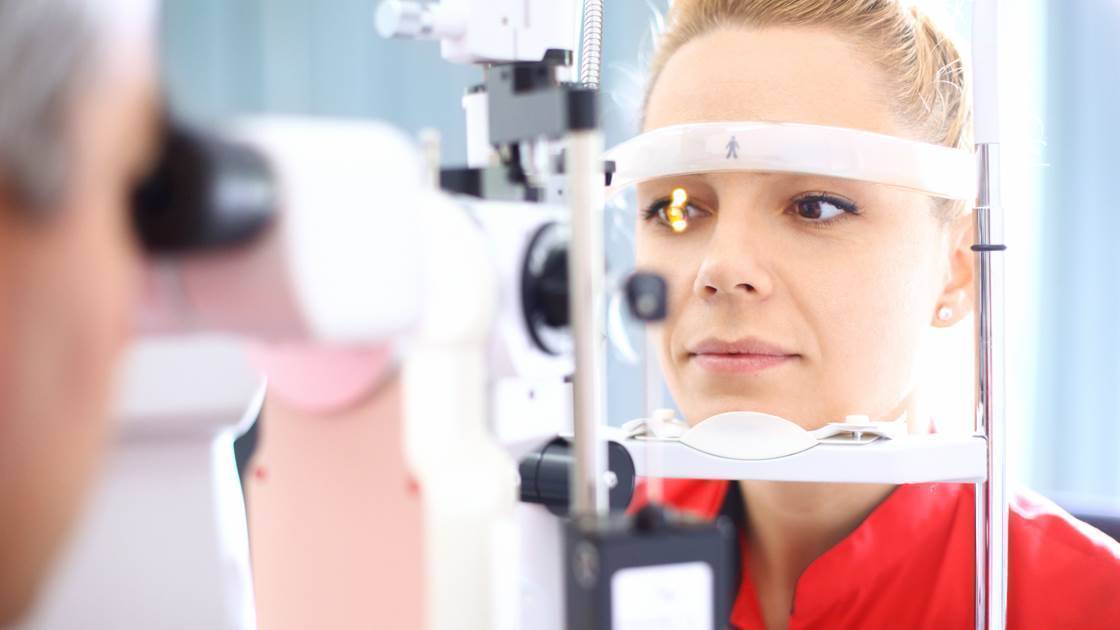

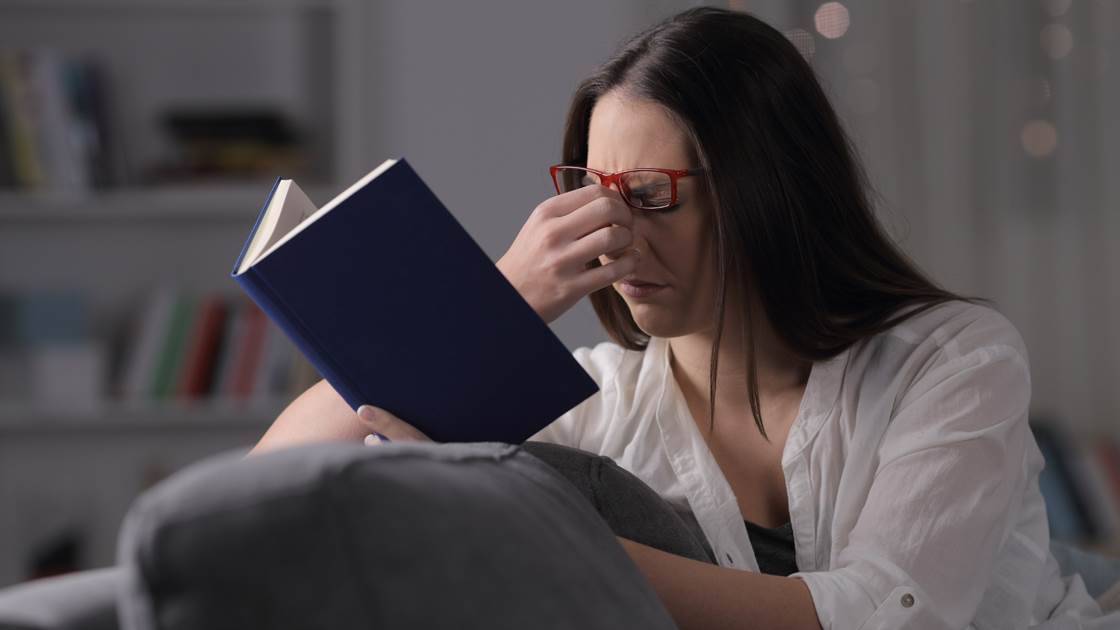
Eating carrots will boost your eyesight
We get told when we’re young, that the more carrots you eat, the better eyesight you will have. Sorry kids, but that’s not entirely true. Yes, eating carrots can contribute to eye health, but they are only one of many natural sources of Vitamin A, which is essential for keeping your eyes healthy.
Eating the right foods play a huge part in keeping your eyes healthy, but it’s definitely not proven that carrots give you better eyesight.
Staring at a screen all day makes your eyes worse
Office workers, don’t worry, staring at your computer screen all day does not cause long-term damage to your vision.
It will, however, cause short-term discomfort. This often stems from your eyes drying out, due to the fact that you tend to blink less often when looking at your screen. It can also cause your eyes to get tired, which can result from the reflective nature of the monitor.
Don’t stress, eye drops and monitor adjustments can do the trick in alleviating these issues.
I only need to visit the optometrist if there’s something wrong
You may have been told you have 20/20 vision when you were 10, but like your favourite TV show, your height, and your weight, your eyesight would have most probably changed since then.
That’s why it’s recommended that you see an optometrist once every two years, even if you don’t think anything is wrong. If you have a family history of poor health, diabetes or eye problems, then you may need to check in with your optometrist more often.
There are also a few nasty diseases that you may be developing and you don’t even know it. Glaucoma and macular degeneration are two of the leading causes of blindness that develop slowly, and usually without any noticeable symptoms. An eye test can detect diseases that you wouldn’t even know about until it’s too late.
UV rays won’t hurt my eyes
Like wearing sunscreen for your skin, sunglasses should be an item that you don’t leave the house without. UV rays are extremely damaging to all parts of the eye. It can increase your chances of developing macular degeneration and cataracts.
Reading in low light will harm your vision
It’s widely believed that reading at night, with limited light, will cause permanent damage to your eyesight, but that’s simply untrue. Reading in dim light forces your eyes to do extra work and tires them out faster than in good light. It is difficult and uncomfortable, and can most definitely cause fatigue and eyestrain, but may not do too much harm to your eyes.
